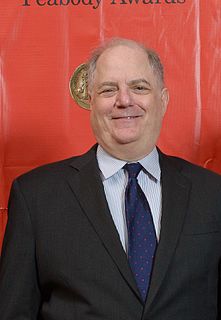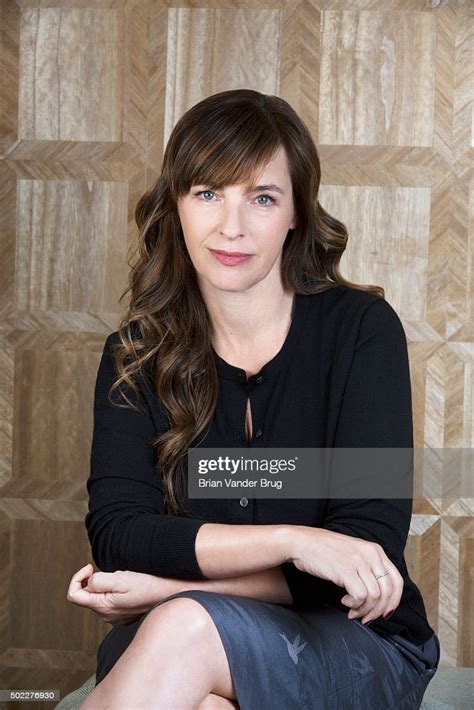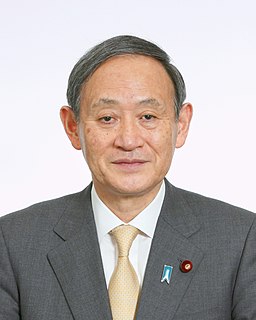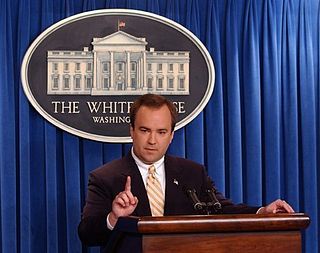A Quote by Frank Rich
The truth is that a lot of plays aren't political at all. In American theater history, political theater has tended to crop up when there's a crisis, a national crisis.
Related Quotes
The rise of a new kind of political science in the 1960s has been driving a wedge between political insiders and voters ever since. By turning voters into interest groups, it stopped establishment leaders from articulating a national narrative. It opened the way for Movement Conservatives to create today's political crisis.
In an ironic sense, Karl Marx was right. We are witnessing today a great revolutionary crisis, a crisis where the demands of the economic order are conflicting directly with those of the political order. But the crisis is happening not in the . . . West, but in the home of Marxism-Leninism, the Soviet Union. It is the Soviet Union that runs against the tide of history by denying human freedom and human dignity to its citizens.
People look at the future and see a black hole. They look at climate change and see an ecological crisis. They look at their leaders corrupted by money and see a political crisis. They wonder if they'll ever be able to pay off their student loan or own a house. Given this ecological, political and financial crisis, what they want is a different future. Their fundamental demand is a different regime to provide that future.
We continue to go from crisis to crisis, whether it is electricity or whether it is gas prices. We need comprehensive solutions, not patchwork crisis management. We wouldn't be in this situation today if Senate Democrats weren't holding up the national energy plan that the president proposed back in May of 2001.
































